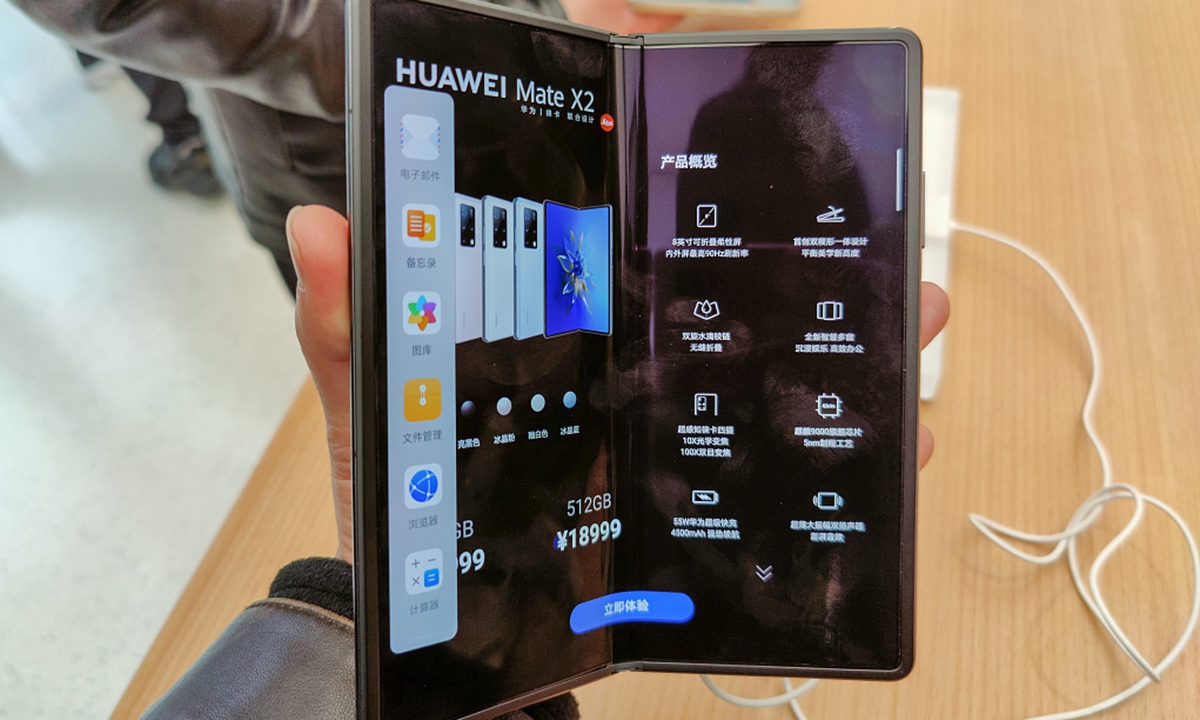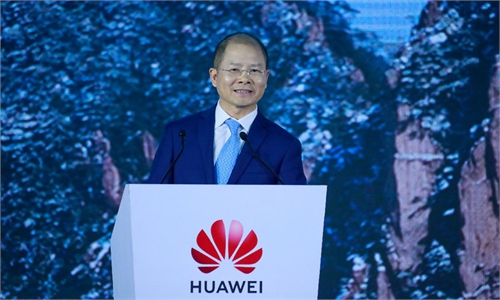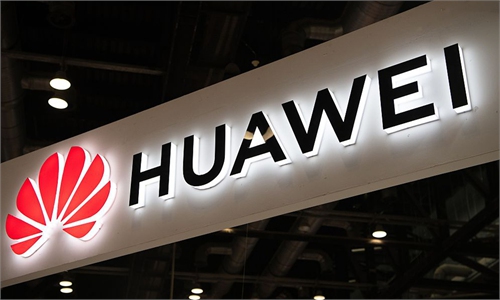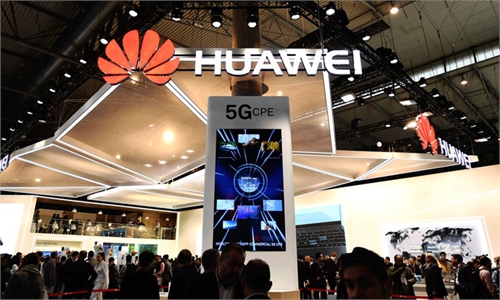
Huawei MateX2 handset Photo: VCG
While US officials have stayed put grumbling, endlessly, about their national security concerns over Huawei, the Chinese tech giant has chosen to charge ahead amid a storm of unfounded allegations and accusations.
Former Pentagon official Alan Estevez, US President Joe Biden's nominee to the post of Under Secretary of Commerce for Industry and Security, said on Tuesday that he sees Huawei as a US national security threat and expects to keep the company on a trade blacklist unless "things change," according to a Reuters report.
Apparently, if Estevez is confirmed to get the post overseeing export policy on China, nothing is going to change at least for Huawei. The telecommunications giant was placed on the US government's Entity List in May 2019 over national security concerns claimed by the Trump administration. The trade blacklist restricted US firms exporting tech and products, such as semiconductors, to Huawei, unless they are granted a special sales license.
Eight months since Biden took office in January, US Trade Representative Katherine Tai claimed that a comprehensive review of US-China trade policy is still under way. But there are increasing signs which suggest Washington's policy of containing China's technological development won't change, and may even escalate. In March, the Biden administration amended licenses to further restrict American companies from supplying semiconductors and other items to Huawei.
Huawei is regarded as a typical case of China's independent research and development capability. Over the years, the company has been deeply involved in the development of the world's most advanced ICT technology and it is now a leader in 5G cellular technology.
Both the Biden administration and the previous Trump administration have tried in various ways to impede the development of Huawei and other high-profile Chinese tech companies, only to lay bare their abuse of so-called national security threats and distorted understanding of competition.
Groundless accusations should never be a part of US-China competition, and will never slow down Chinese high-tech companies.
In the case of Huawei, it is clear that the tech giant has given up on the US market, and the extent and impact of the US suppression on Huawei has been fully anticipated and addressed internally by the company since May 2019.
In fact, outside pressure has only enhanced the company's resolve to transform and explore other important markets. Last week, Huawei announced the injection of $15 million over the next three years to promote the use of cloud computing in the Middle East. In June, the company's launch of an improved version of its HarmonyOS operating system also marked a milestone for winning more Chinese users and a larger market space.
Huawei won't be crushed under the weight of a US relentless crackdown, nor will any other Chinese tech companies. In fact, the various suppression measures taken by the US government haven not achieved their desired results, and have served only to force Chinese tech firms to further boost the scientific and technological capabilities and steeled their resolve to expand the global market.



